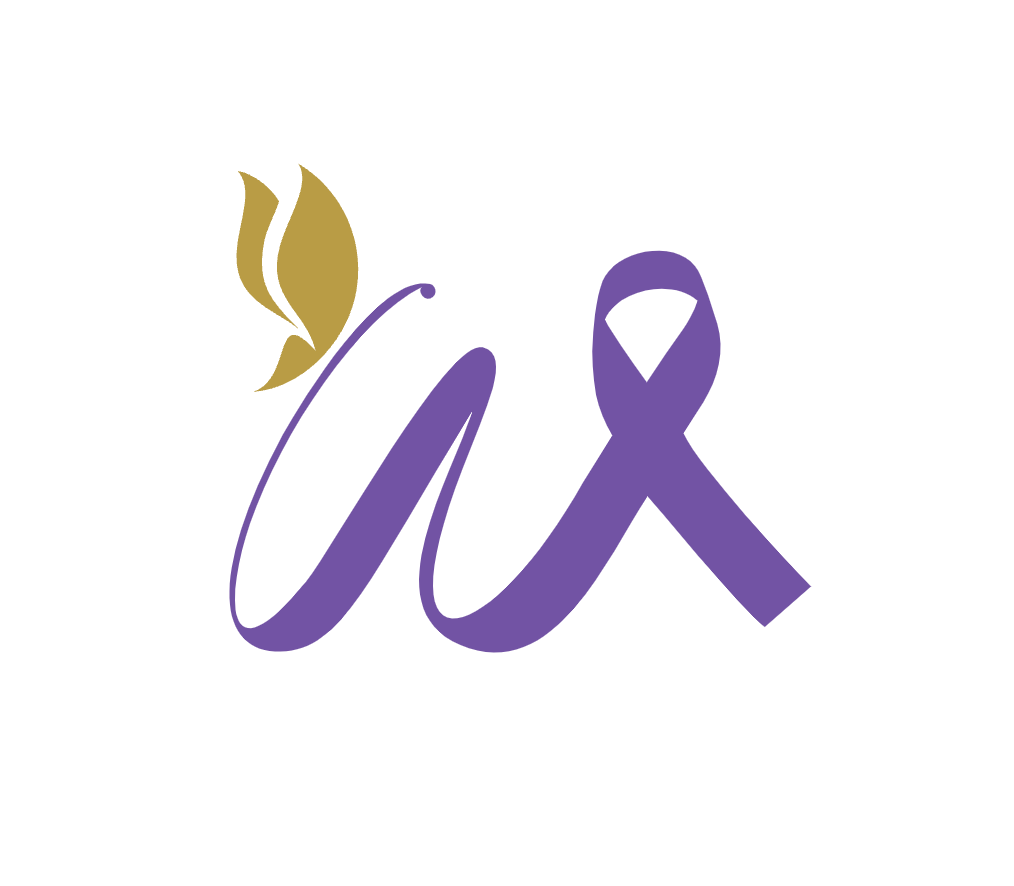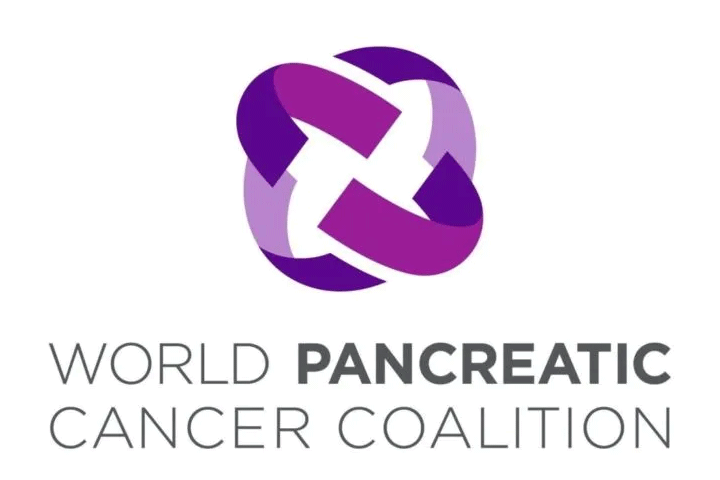Gary Clark
By Colby Robbins
In January 2017, my Pop starting feeling fatigued enough where he would come by from work and nap on his lunch break. In May, he was diagnosed with Type I diabetes, which is in our family, so we didn’t think anything of it. Especially terminal cancer. He struggled deeply with the diabetes, the shock of that and the lifestyle changes were hard for him to accept. Even with the insulin shots and metformin, he still wasn’t getting better. We took our last family trip to Arizona and Vegas in September 2017. His pancreas, liver and one kidney were already made up of cancer by then but we still thought it was just diabetes. We were supposed to spend a few days in Colorado Springs, but we had to end the trip early. My Pop had his yearly scan, due to having prostate cancer years before, a few months before his diagnosis. He was sent to OU Medical in OKC, where they discovered it was pancreatic cancer. He began chemo in November at the Cancer Treatment Center of America in Tulsa. I still had hopes, only because I was not familiar with the very low survival rate. After a few sessions, he started struggling with eating because everything tasted like cardboard to him and dropped a lot of weight. My Pop had to stop his job working as a truck driver and was spending all his time in the recliner. The more I saw him, the more afraid I got because deep down, I knew he was dying. Luckily, we had one last Christmas together and I truly thought he was getting into a routine. He ate a big dinner, consisting of potato soup and I really had so much hope that night. Everything went downhill after Christmas. The week before my Pop went into hospice, he’d been at Mercy’s ER a few times, due to dehydration. Around 3 AM on January 8th, 2018, I remember still not being asleep yet when my Gram called and told us that he’d passed out in the bathroom from being too weak. Even though he stopped being coherent on day 3, he lasted a full week surrounded by family.
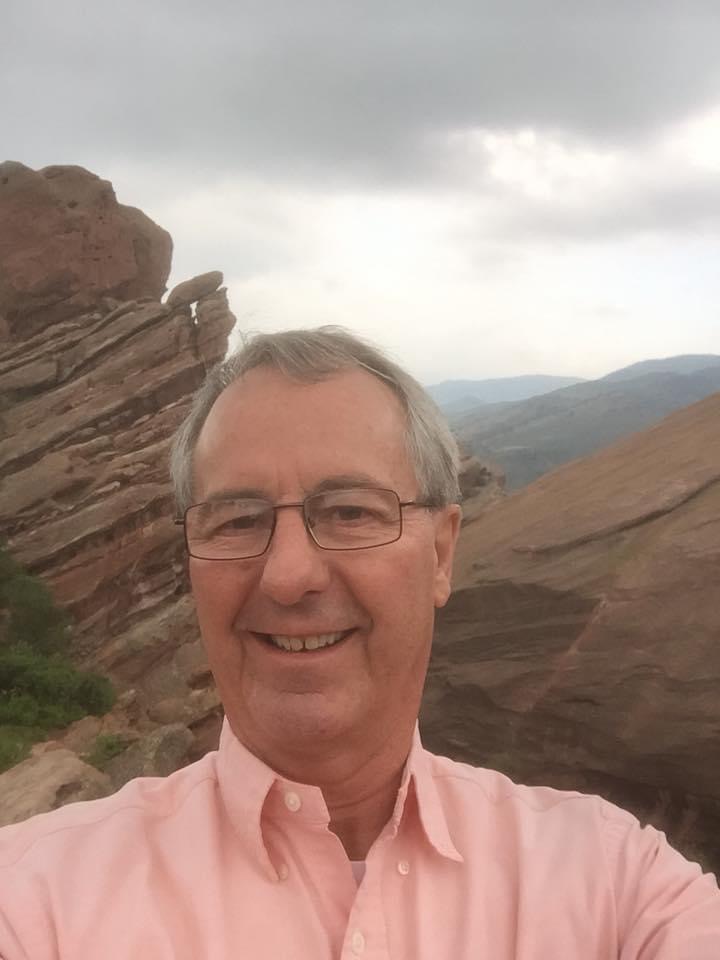
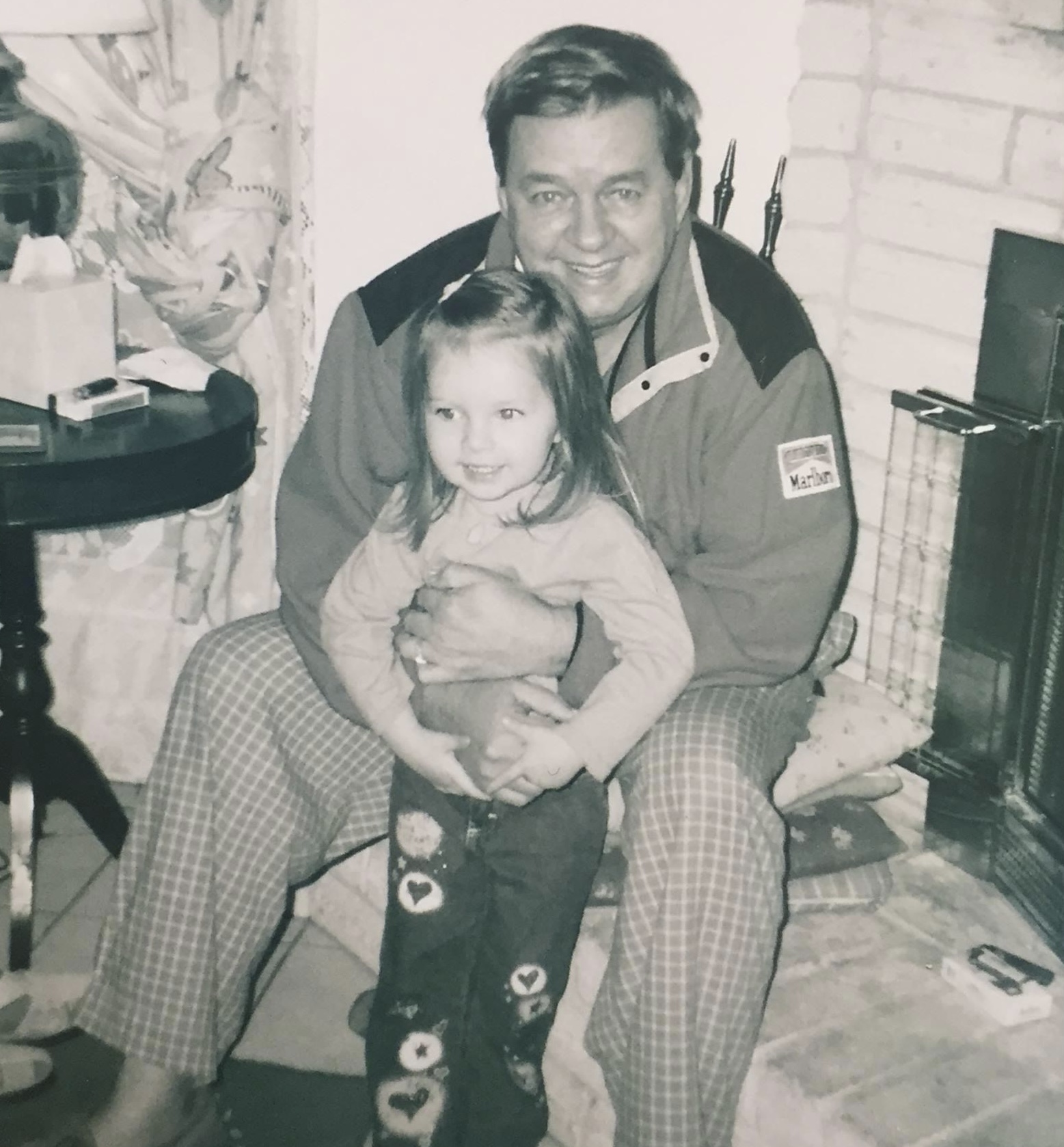
Bob Boyett
By Maura Spence-Carroll
Bob Boyett was an Air Force veteran, former CIA officer, retired rancher, and a loving father and Grandbob who played a mean game of poker. He was a stoic man with a great faith in the goodness of humanity and a fantastic storyteller whether giving a keynote speech or spinning a yarn on the back porch. After his retirement, he continued volunteering across the United States but especially dedicated himself to raising funds for the Texas Elks Camp, which provided a summer camp experience for children with special needs and those in the foster care system free of charge. On April 23, 2016, Grandbob was diagnosed with pancreatic cancer after months of missed symptoms at doctor appointments and ER visits. At 75 years old, he had lived a long and fulfilling life, and treatment options would only grant him an extra 6-18 months at best. He passed away at home on May 30, 2016, surrounded by the family he loved so dearly as my aunt and I held his hands.
Daniel Martin
By Charlize Martin
My dad was diagnosed with stage 4 pancreatic cancer on April 1st, 2022 (we no longer celebrate April Fools Day). We got 7 more amazing months with him until he passed away on November 17th, 2022 (I have just learned that that was World Pancreatic Cancer Day 2022 from your page). I could talk about him on and on and on; he had so many fun stories to share, could always have a conversation or debate about anything, and was mine, my mom, and my sister’s absolute best friend in the world. We all were with him until the very end, where he was able to find his wings in the comfort of his own home, as he wished.
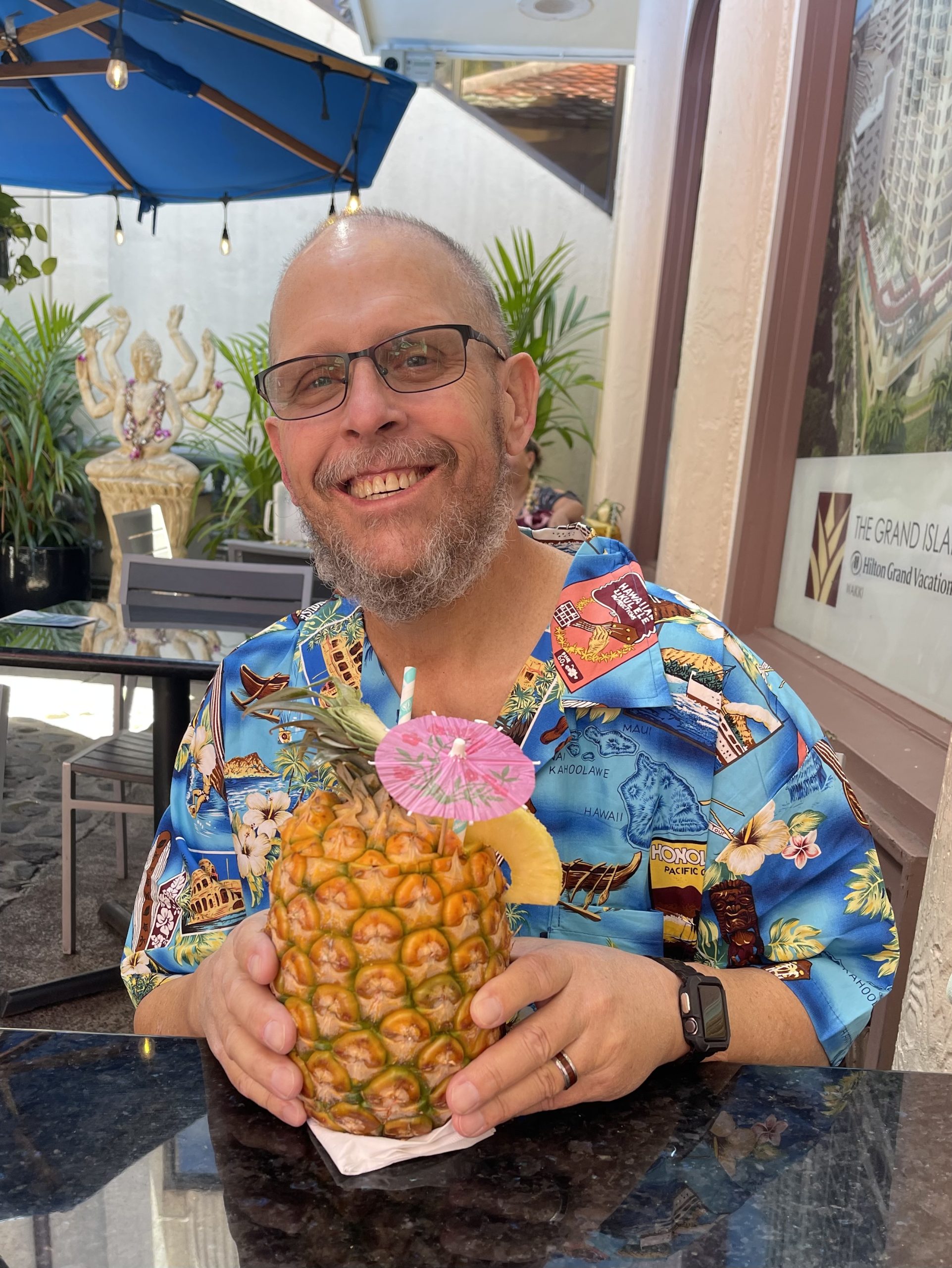
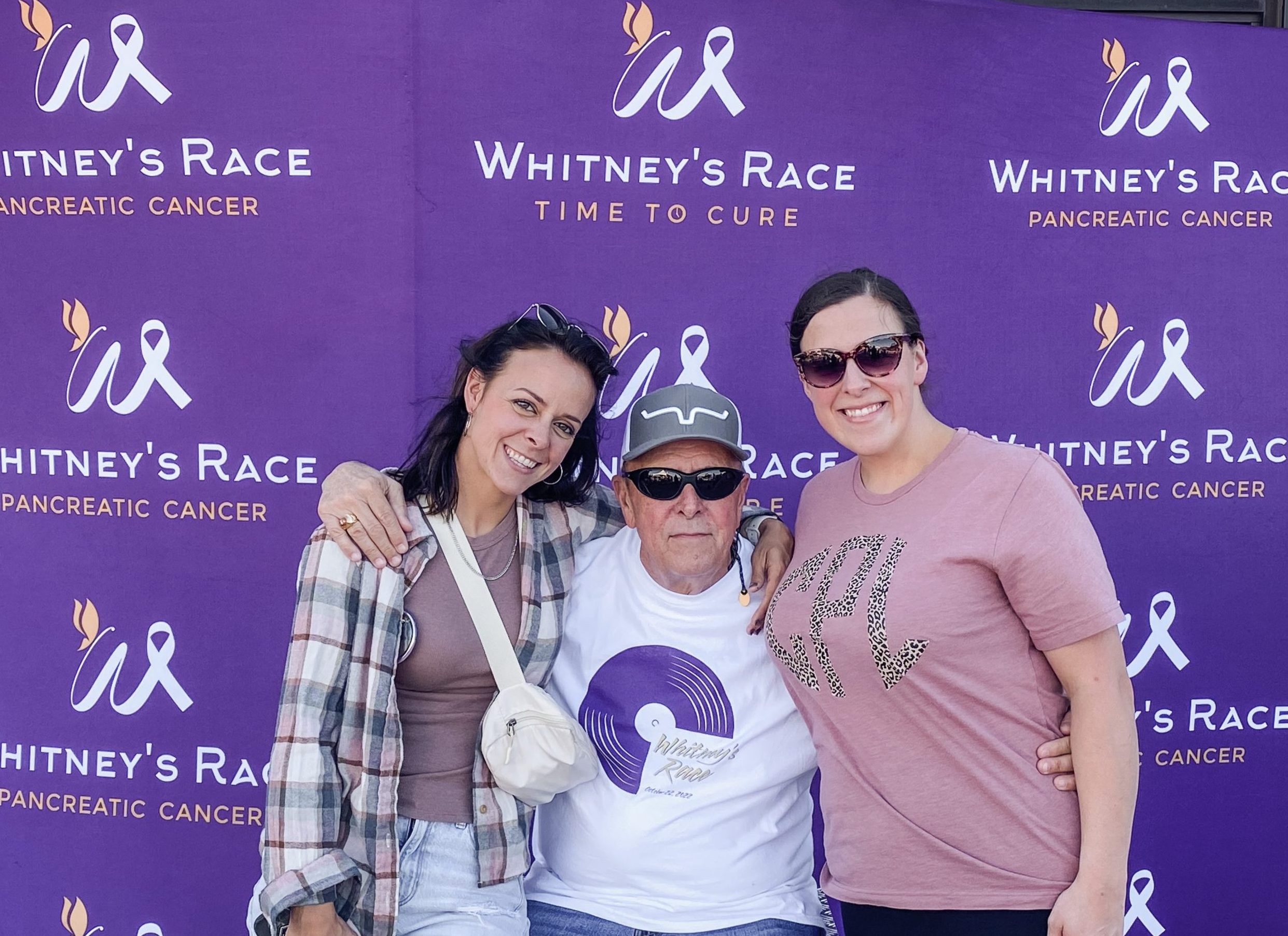
James "Butch" Hendricks
By Lauren Hendricks
It’s sometimes hard to remember what life was like before Dad was diagnosed with Pancreatic Cancer. We had almost 3 years with him once he got his diagnosis. While devastating at first, having the diagnosis reminded us to live every day in the moment and to be appreciative of the time we have together. Dad found purpose in his cancer journey once he attended his first Whitney’s Race. He was amongst survivors and families who had experienced the same emotions and struggles. He really found purpose when he could reach out to other pancan warriors and give them encouragement. Dad went through a variety of treatments and surgeries during his three year fight with pancreatic cancer. This made him wealth of knowledge when it came to offering advice and his experience to other warriors. Recently a friends dad was diagnosed with pancreatic cancer. Dad was having chemo at Mercy on the same day that my friends dad started chemo. My dad would ask how my friends dad (Kelly) was doing EVERY DAY. Even up until his final days on earth with us he was asking how Kelly was doing. There’s so much more to his story from so many different points of view. I am extremely grateful for what the Whitney Marsh Foundation does for our community members who are fighting this horrible disease.
Bruce J. Koedding, LTC (Ret)
By Self
I am a retired Cold War Soldier. In July 2023, I was diagnosed with Stage-4 Pancreatic Cancer. My symptoms were very minor and I was referred by my Primary Care Physician to a local Hematology/Oncology clinic due to a low platelet count, in a routine blood test. The cancer and stage-4 were determined by an Ultrasound, CAT Scan, MRI and a biopsy of my liver, where the cancer had spread.
Both my Oncologist and Primary Care Physician were shocked that I had cancer. I have no family history of Cancer. I presented atypical and genetic tests showed no correlation with the Cancer. Was this caught early?
Since August 2023, I have been receiving the highest dose possible of chemotherapy treatments, every two weeks. I will finish round twelve (12) the first week of February. The CT Scan, with contrast, completed after round six (6), showed no spread of the cancer and the mass on the tail of my pancreas has remained the same size. My Oncologist is amazed at my tolerance to the Chemotherapy treatments and the lack of any significant side effects.
I am eligible for a Clinical Trial at the Medical University of South Carolina. I will find out in early February if I have been accepted into the trial. My glass has always been half-full. Cancer came along and kicked my glass over. Not only was a drop not spilled, but it is overflowing to the point, that I have a cleanup on aisle four every afternoon. I have an Army of Prayer Warriors leading the way, as well as others who are going through their own trials and tribulations. I am very blessed.
My long term prognosis is unknown at this time. But, I’m confident that God has bigger plans for me.
The picture of me with the blanket has the word SOLDIER not showing. This blanket was in a care package from a group of ladies I connected with, a few years ago, that have a letter writing campaign for newly enlisted Soldiers going through Basic Combat Training at Fort Jackson, SC. I have this blanket with me during my Chemotherapy treatments. I see remission over the horizon – HOOAH!!!


Jessica Mittelstaedt
By Self
Hi there, I’m Jessica and I’m currently 19 years old. I was diagnosed with chronic hereditary pancreatitis between the end of 2020 and beginning of 2021 when I was 16. I have a gene mutation PRSS1 linked to pancreatic cancer. I went completely undiagnosed for 16 years of my life. I have had trouble since birth with digestion and doctors had told my mom things such as „it’s psychological“, „she’s lactose intolerant“, „she’s faking it“, „it’s a stomach bug“, etc. I was always underweight and could never eat because I’d vomit everything back up. The day I found out I had pancreatitis at 16, I didn’t even see the point in going to the hospital because I didn’t think they’d find anything. I was at the ER and as I was waiting, the pain got worse and worse to the point that I started screaming and crying at the top of my lungs while curling up into a ball. Once my blood was drawn and my lipase levels were checked, I was accused of underage drinking and sent to another hospital. I’m in Colorado Springs where most hospitals are specialized on GI issues, yet nobody knew what was going on. I was hospitalized 12 times in one year, had an upper scope done, and 6 ERCPs. I was told by 4 different hospitals that they couldn’t help me anymore. The last hospital told me that you couldn’t detect pancreatic cancer in your blood until it’s too late. That doctor had then told my family and I to make a decision. Did they want to make me comfortable and let me pass peacefully or did we want to try surgery in Minnesota? I was 17 at this time in September of 2021 and had to make a life or death decision. I chose to go to the Masonic Children‘s hospital Minneapolis and fight for my life in January of 2022. on the 27th of January, I had gone under for a total pancreatectomy with an auto islet transplant otherwise known as TPAIT. I survived and I’m currently 2 years post OP. I had my pancreas along with 3 other organs and underwent a study as well during the surgery. I was only the 8th person to participate in the study and about the 153rd person to receive the surgery at that hospital. Seeing the purple ribbon on your sash and knowing the story behind it truly touched my heart during your competition. There’s hope out there. I’m a survivor and there’s hopefully many more to come 💜
Leo Evola
By Andrea Barnes
My Uncle Leo was diagnosed in October of 2011 and passed away February 21,2023 he was only 47 years old. I was lucky enough to get to spend his last Christmas with him. He loved all things dragons and was a huge Lord of the Rings fan that was one thing we had in common. His only symptom was stomach pain and by the time they found his cancer her was already at a stage 4. I continue to run this race for him and for all the ones who have passed from pancreatic cancer. My daughter even does the race with me. I just hope that they find an early detection and cure for pancreatic cancer!


Kelley Weaver
By Self
My name is Kelley Weaver. I am a 71 year pancreatic cancer survivor. I was diagnosed in 2007. I had the Whipple surgery and went through chemo and radiation. It was determined I had a neuroendocrine tumor. Ever since my surgery and treatment, I have been involved with the Pancreatic Cancer Action Network and other events to bring awareness to pancreatic cancer. I feel that God’s purpose and plan for me is to bring hope to others. I am excited to become a volunteer for Whitney’s Race and meet other people who have been affected by pancreatic cancer.
Jeffery Lynn “Jeff” Shelton
By Taylor Shelton
Jeffery Lynn “Jeff” Shelton was an attorney, college professor, high school football coach, and a commissioner for American Legion Baseball. Jeff was also a family man and the best father to his children. Jeff wore many hats and he wore them all well. Many thought of him as an energetic person with nothing slowing him down. Doctors deemed him in good health, he had great blood pressure, cholesterol, a good A1c and was in great physical shape.
In late September, Jeff began feeling a little under the weather. Thinking it was a stomach bug that was being passed around the football team he coached, Jeff thought nothing of it.
October 1st, Jeff’s daughter was competing in a local preliminary for Miss Oklahoma. Jeff never missed her pageants but this time stayed home due to not feeling up to it. A few hours later, Jeff looked into the mirror and noticed the whites in his eyes were now yellow. Jeff quickly went to the ER where things went wrong very quickly. Tests indicated Jeff had a very high bilirubin count and was soon sent in for a CT scan.
Shortly thereafter, the doctors gave the news Jeff had a mass on his pancreas, which was most likely cancerous. The mass was wrapped around a blood vein and despite trips to several cancer centers including MD Anderson, Jeff was eventually deemed inoperable due to the location of the of the tumor. After enduring weeks of chemotherapy, it was discovered chemotherapy failed to shrink the tumor. Eventually Jeff choose quality of life and decided to live the rest of his time to the fullest.
Jeff survived ten months after his diagnosis. Jeff lived those ten months to the fullest, doing everything he loved and spending time with family and friends. Jeff lived to see his son marry and his daughter turn 21. Jeff will continue to live in his people’s hearts. Jeff’s journey has inspired many but particularly his daughter who is advocating for pancreatic cancer. Pancreatic cancer is underfunded and more must be learned so that diagnoses can happen sooner and the fight can be more effective.


JL Terwilliger
By Mary Becker
My grandfather, JL Terwilliger, was diagnosed in early July of 2013 with pancreatic cancer. He passed away on July 31, 2013. He was an avid gardener, who tended his garden until he entered hospice care. My grandfather was well known as a hard worker. He was the business administrator for the Local 29 Plumbing Union and went on to become the Secretary of Labor for then Governor Bill Clinton before his retirement. He was married to the love of his life, Louise, for whom he had been a caregiver as she battled Alzheimer’s Disease. While this disease took him from us very quickly, it will never take away his legacy. He bravely accepted that pancreatic cancer would end his life and lived out his brief number of days with grace, surrounded by his family.
Don Anderson
By Maria Cullipher
On June 1, 2014, my healthy 53-year-old father felt his first pain. The night before, he played music with friends, feeling fine. Everything changed when we heard the words, “a mass on the pancreas.” After being misdiagnosed with pancreatitis, months of pain led to a correct diagnosis: pancreatic cancer. In August, just minutes after my boyfriend asked for my hand in marriage, we learned the devastating truth.
My father had the Whipple surgery on September 10, 2014, where we discovered the aggressive adenocarcinoma. Despite being told he had a 10% chance of survival, he remained hopeful. He was discharged in record time, and I got engaged soon after, planning a quick wedding. The day before my wedding on November 14, my father’s incision split open, but he insisted on being there, returning to the hospital afterward. By my wedding day, he had lost significant weight, weakened by radiation and chemotherapy.
In March 2015, he began needing fluid drained from his abdomen twice a week. Despite our efforts, by April, hospice was our only option. Once a college football player, my father now lay on his deathbed at just 54. On May 13, 2015, less than an hour after my husband and I closed on our first home, my father passed away with us by his side.
In his final days, he told me he was tired, that his faith gave him peace, and that he had achieved his goals as a husband, father, and provider. Two weeks later, I found out I was pregnant, and my daughter, his first grandchild, was born exactly 8 months after he passed.
Losing my dad at 24 forever changed me and my brother. Pancreatic cancer took the strongest man we knew. Yet, the support from our community carried us through. People helped with yard work, cleaning, meals, and gift cards. Without that support, my parents would have struggled to keep their home. The financial toll of cancer is often overlooked, but it’s immense.
I hope sharing our story can help others. Pancreatic cancer needs advocates, as few survivors can share their experiences. It’s up to those of us left behind to raise awareness and prevent others from enduring the same loss.


